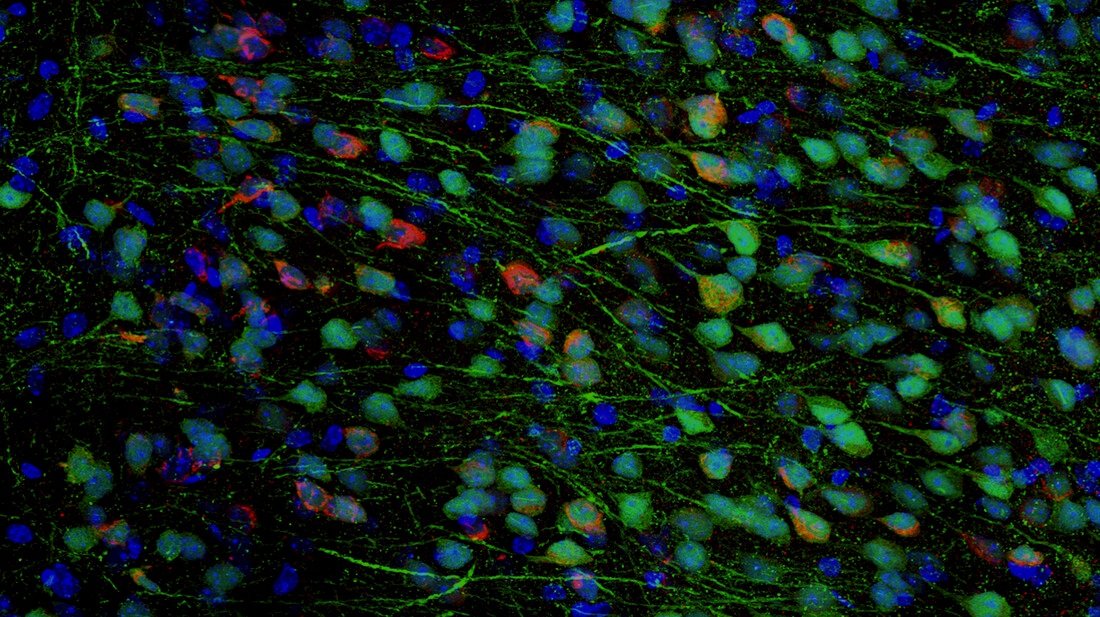Research

Our goal is to identify the neural circuits & dynamics that facilitate social competence & ultimately, how they change in disease.
We measure behavior to understand mechanism
Our knowledge of the social brain has been limited in part by limitations in quantifying social behavior, which leads to a problem: if you cannot measure the behavior, you cannot understand the underlying neural mechanism. We tackle this goal by using wireless multi-site in vivo electrophysiology, optogenetics and machine learning in mouse models to identify the neural circuits of social behaviors and competency, and how they are disrupted in the unhealthy brain.
Our Projects
What are the neural dynamics that facilitate social competition and cooperation?
Competition and cooperation are fundamental to social species, yet we know little about how the brain controls these behaviors. We've developed unique tests where mice compete for rewards or choose to share with others. Our findings show specific brain regions respond differently during competition versus friendly interactions. Using recording techniques that capture activity across brain networks, we're uncovering how neural circuits balance these opposing social strategies. This project seeks to uncover the biological basis of social decisions and shifts in behavior in a changing social environment.
How does social history affect sociality and its neural dynamics?
Most neurobiological studies overlook a critical factor: how social history shapes brain activity and behavior. We're examining how familiarity and social rank influence neural circuits during social interactions. Our research shows that connections between brain regions change as relationships develop. By systematically varying social history in our experiments, we're identifying common and diverging neural circuits that control sociability across different relationship contexts. This project aims to characterize how past social experiences shape the neural dynamics underlying social behaviors.
How does the brain encode social stimuli across different relationships?
Our research addresses a significant gap: 95% of studies focus only on brief social interactions, neglecting how the brain handles long-term relationships. We've found that the mPFC encodes both identity and familiarity of social partners. Intriguingly, functional connections between the mPFC and subcortical regions strengthen as relationships develop. We're now investigating how brain chemicals like dopamine influence these neural circuits across different relationship types, from new acquaintances to established long-term relationships.
